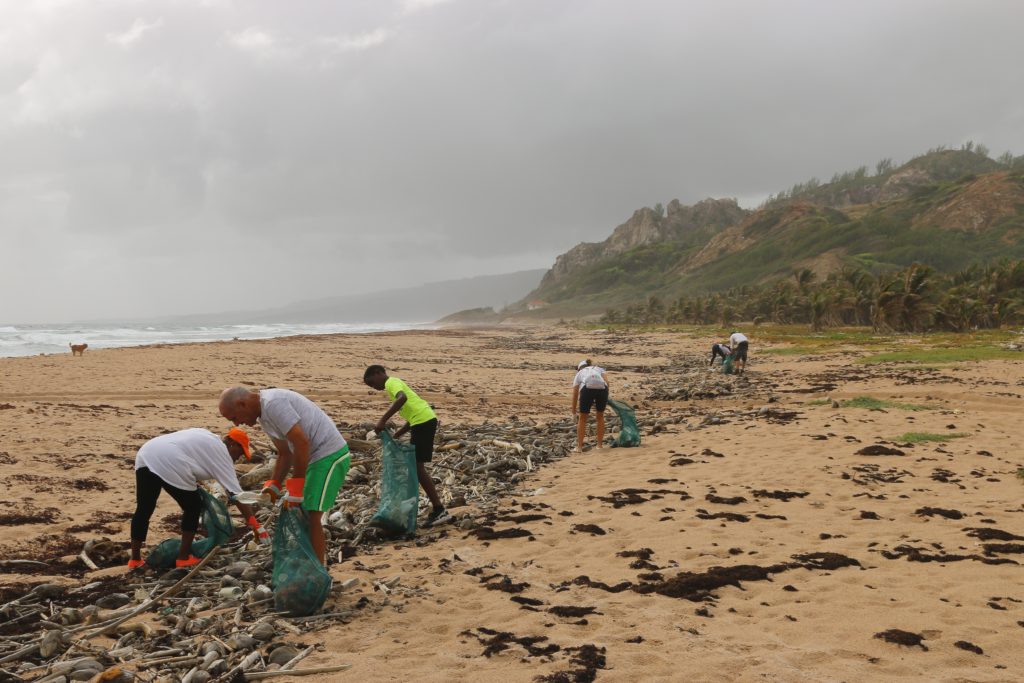Last Saturday I received my second inoculation, which means that in a couple of weeks’ time, my life can return to something like normal. However, that is not the subject of this week’s post; instead, it is on how the kindness of others has made my brighter future possible.
The centre where I attended was a spacious community hall that had been carefully laid out to ensure the maximum number of people could be vaccinated in safety. So far, so normal. What was interesting though was that the vast majority of people working there were volunteers from The St John Ambulance service. They were friendly; they were efficient and they were perfectly trained to both administer the vaccine and direct the endless traffic of patients. What wonderful folks they were: giving up a sunny Saturday to deal with a not always appreciative public. The more I thought about it, the more I realised how precious their contribution was. By giving their time freely, they would save the government a substantial sum; by attending in the place of medical professionals, they left them free to care for their patients in the hospital and the community.

Though no-one wishes to live through a pandemic, it has highlighted what a genuinely great society we live in. Of course, the nightly news will showcase riots and bad behaviour, but what it is not being reported (except occasionally) is the staggering numbers of individuals who have made efforts big and small to help us get through this together. Pre-pandemic, around 23% of UK adults volunteered at least one hour per month. Since lock-down, according to The Guardian, we have added another 10 million who are mainly doing informal volunteering such as grocery shopping, collecting prescriptions or helping support services.
Good for me
I have volunteered, in one way or another, most of my adult life. And I would be the first to declare that whatever I am able to contribute to the general weal, is more than made up for in what it gives me. This is not in making my CV look better, but in giving me opportunities to learn and grow. When I first had a baby, I was rather overwhelmed by the intense loneliness that an at home mother feels. Volunteering with the National Childbirth Trust and later a mums and toddlers’ group allowed me to meet with like-minded souls and to stretch in ways I’d never imagined. My volunteering roles not only allowed me to try new things such as running a large event, writing for a newsletter and chairing a meeting, but it gave me the chance to say thank you to two organisations that literally saved my sanity.

Since then, I have been involved in many more organisations including Greenpeace, and for the last six years, Citizens Advice. The latter has been especially rewarding and I hope to continue there for as long as I am able.
Good for all of us
Personal benefits of volunteering aside, the sheer volume of free service offered in this country makes a significant impact on our taxes by reducing them. The estimated value of volunteering, with 19% of the population offering 3 hours a week, translates to £350 million per week. Eastbourne Citizens Advice alone accounted for a public benefit of more than £4 million in 2017-2018 http://www.eastbournecab.co.uk/eastbourne-citizens-advice/impact
Volunteering also allows for groups to cater to needs that the government has neither time nor resources to provide. It enables us to fill in the gaps in services from suicide prevention to protecting endangered species. Though the main beaches on the seafront here are cleaned beautifully and regularly, the less frequented ones are not, so beach cleans come into their own. This one took place on a rather more exotic location – but the outcome is the same.

Given with love
When discussing this topic with a friend the other day, she mentioned that places like France expect the government to do all these things. Perhaps they do and there is a lot to be said for not relying on charity. However, I do believe that when people offer their time freely and with the desire to help others, they do so (in the main) with more joy and enthusiasm. When this is not the case (and we’ve all seen it), the person is either volunteering as a result of moral coercion or for entirely the wrong reasons such as wishing to appear good or to gain status.
When we give our time and energy with love, however, that is when the magic occurs. The kindly neighbour dropping off groceries for someone shielding not only provides their material needs but gives them a brief opportunity to reconnect with society. The person on the end of the telephone working for the Samaritans may literally save a life.
Every little helps
And the brilliant thing about volunteering is that there is something out there for absolutely everyone. Though my MS has meant regular employment is not possible for me, the flexible work I do for Citizens Advice is. I am passionate about social justice and was able to find a very perfect niche where my skills married with the requirements of the research and campaigns team. It took me a while to find it, but it was worth the wait. Charities are often very large organisations and need every kind of skill, so persevere until you find the one where you can contribute the most.

Perhaps you do not wish to be tied to regular volunteering, well, there is plenty out there in the informal sphere – collecting prescriptions, signing up for the occasional beach clean or simply helping out a friend or neighbour. A formal arrangement is in no way vital.
And if work and family are literally taking all your time, there is no need to feel guilty that you are not volunteering as well. We cannot do everything. But we can, I believe, do something. With time limited, we can help the environment by buying organic fruit and vegetables or plant some bee friendly flowers in the garden. We can listen with empathy to a friend in need. We can send a card to someone who needs cheering. The world is ours to mould as we would wish it and every little helps.


